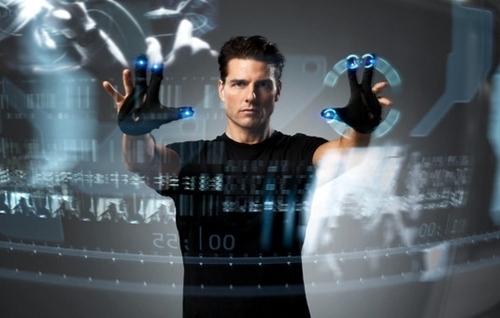by Kim Ji-hyung, Nano-Bioscience and Chemical Engineering, UNIST
Everybody predicts their own “future”. For example, in this holiday, maybe all you guys probably heard about “Who are going to win this president election” from your family, Also, the candidates who were the targets of our “prediction” thought about “What are we thinking”. Of course, all these behaviors don’t have any relationship and cannot effect on the result, because statistically, these two behaviors are “Independent event.” Nevertheless, we have told our “future”, telling it, and will tell it, continuously. Then, is it reliable to predict future by human being? Why do we want to know the future?
In this article, I’ll look up the prediction written by “Dr. Compton” in 1931, and compare with today’s situation. Then, analyze the reason why humans want to know their own future from past to now. Moreover, find out what we are going to get by forecasting the future. In 1931, The Times celebrated its 80th birthday by inviting Henry Ford and seven other American innovators to predict what life would be like in 80 years. In the article written by Dr. Compton, the writer predicted what and how the society will be changed. Let’s look into what he said and evaluate the predictions were accurate or not. To begin with, He forecasted that due to the improvement of power supply, transportation, and communication, there will be a trend to unify neighboring nations under a centralized government of continental size. In my opinion, this prediction is accurate enough. For example, like ASAEN, EU, and OPEC, all neighboring countries have tried to make unions to keep their interests in these days. Next, He expected that despite of the rapid mechanization of industry, we can hardly realize the increased leisure. I totally agree with his prediction. In UNIST, because of the policy of Mobile Campus, all students have to check their iPhone if there is any announcement, regardless of weekends, and holiday. Therefore they even think that they have lack of their leisure time compared to that of high school student. Last, He predicted that the promising area of science will be changed from physical science to cosmology and biology. And also, the Orient, especially China, will be the one of the most prominent nations in the fields of science development. However, I disagree with this opinion. In 10 Emerging Technologies published by MIT, you can see 8 out of 10 are still closely related with physics. Physics is too basic for all engineering to be neglect. To sum up, although there is the error in his thinking, Dr. Compton’s predictions are mostly correct and accurate, based on what’s going on in 2011. In this reading written by Elif Batuman, The Role of Who Am I?, the writer tries to figure out the reasons for wanting to know the future. He focuses on the relationship between identity and destiny. Based on this, he asserts that because we want to know who I am, so we keep trying to know what happens to us. Before I read this, I wondered what and how factors come into play when we look into the future. There are lots of factors that are related with predicting future, like hope, hubris, information, and etc. However, all the factors are triggered by the curiosity, one of human’s instinct. As the author said, in prognostication, identity and destiny are inextricably linked. It means that because all people have their own dream, they try to achieve it, and therefore it can determine their destinies. However, during this mechanism, they cannot help wondering if their dreams are possible to achieve. This is what we called CURIOSITY. And to solve it, they depend on various methods like haruspicy or prophecy, as the author represented. For this reason, I think that the curiosity which is one of our instincts is the most important factor of when we look into the future, motivating and triggering the prognostication.
 | ||

